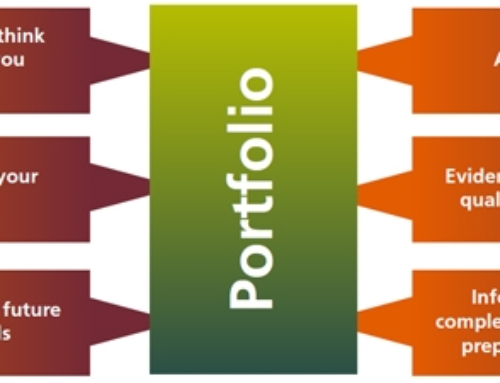Do you know how to learn?
Many people don’t.
Specifically, do you know how to look inward to examine how you learn and to judge if it is effective.
That’s where metacognitive strategies come in. They are techniques that help people become more successful learners.
Improved metacognition can facilitate both formal and informal learning. It can improve the performance of new tasks on the job and help teams problem solve more effectively.
What is metacognition?
- Metacognition is often referred to as “thinking about thinking.” But that’s just a quick definition. Metacognition is a regulatory system that helps a person understand and control his or her own cognitive performance.
- Metacognition allows people to take charge of their own learning. It involves awareness of how they learn, an evaluation of their learning needs, generating strategies to meet these needs and then implementing the strategies.
- Learners often show an increase in self-confidence when they build metacognitive skills. Self-efficacy improves motivation as well as learning success.
- Metacognitive skills are generally learned during a later stage of development. Metacognitive strategies can often (but not always) be stated by the individual who is using them.
- For all age groups, metacognitive knowledge is crucial for efficient independent learning because it fosters forethought and self-reflection.
The Two Processes of Metacognition
According to theory, metacognition consists of two complementary processes:
- Knowledge of cognition has three components: knowledge of the factors that influence one’s own performance; knowing different types of strategies to use for learning; knowing what strategy to use for a specific learning situation.
- Regulation of cognition involves: setting goals and planning; monitoring and controlling learning; and evaluating one’s own regulation (assessing results and strategies used).
Metacognition and Expertise
- Many experts cannot explain the skills they use to elicit expert performance. (Perhaps this is due to the automatic functioning of the expert.)
- Metacognitive strategies often separate an expert from a novice. For example, experts are able to plan effectively on a global level at the start of a task—a novice won’t see the big picture.
- Some adults with expertise in one domain can transfer their metacognitive skills to learn more rapidly in another domain.
- On the other hand, some adults do not spontaneously transfer metacognitive skills to new settings and thus, will need help doing so.
Examples of Metacognition Skills You May Use to achieve an effective learning style.
Successful learners typically use metacognitive strategies whenever they learn. But they may fail to use the best strategy for each type of learning situation. Here are some metacognitive strategies that will sound familiar to you:
- Knowing the limits of your own memory for a particular task and creating a means of external support.
- Self-monitoring your learning strategy, such as concept mapping, and then adapting the strategy if it isn’t effective.
- Noticing whether you comprehend something you just read and then modifying your approach if you did not comprehend it.
- Choosing to skim subheadings of unimportant information to get to the information you need.
- Repeatedly rehearsing a skill in order to gain proficiency.
- Periodically doing self-tests to see how well you learned something.
Metacognitive and effective learning Strategies
Metacognitive strategies facilitate learning how to learn. You can incorporate these, as appropriate, into your social learning experiences, pre- and post-training activities and other formal or informal learning experiences.
- Ask Questions. During formal courses and in post-training activities, ask yourself questions that allow you to reflect on your own learning processes and strategies.
- Foster Self-reflection. Remember the importance of personal reflection during and after learning experiences, critically analyse your assumptions and how this may have influenced yourr learning.
- Autonomous Learning. When you have some domain knowledge, try to take a more challenging learning experiences.
- Mentoring. Many people learn best by interacting with peers who are slightly more advanced.
- Solve Problems with a Team: Cooperative problem solving can enhance metacognitive strategies by discussing possible approaches with team members and learning from each other.
- Think Aloud. Try to think aloud and report your thoughts while performing a difficult task. A knowledgeable partner can then point out errors in thinking or the individual can use this approach for increased self-awareness during learning.
- Self-explanation. Self-explanation in writing or speaking can help you to improve your comprehension of a difficult subject.
- Don’t be afraid of Making Errors. When you are given the opportunity to make errors while in training, such as during simulations, it stimulates reflection on the causes of your errors.
In summary, metacognition is a set of skills that enable learners to become aware of how they learn and to evaluate and adapt these skills to become increasingly effective at learning. In a world that demands lifelong learning, providing people with new and improved metacognitive strategies is a gift that can last forever.





